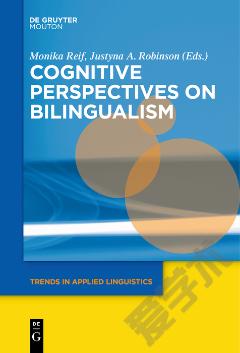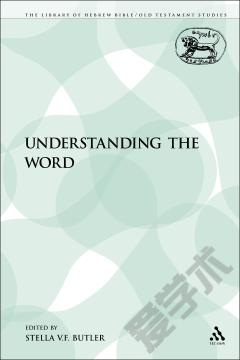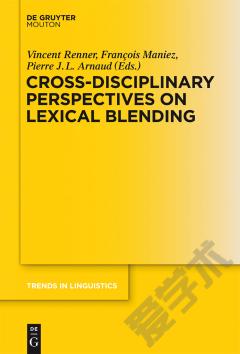Cognitive Perspectives On Word Formation
While cognitive linguistics has become established as a comprehensive research paradigm over the last three decades, it has so far hardly contributed to investigations into processes of lexical creation as traditionally captured in research on word formation. In light of this, the volume at hand is the first one to take a step ahead towards illuminating diverse aspects of word formation from cognitive perspectives. The book combines contributions to the 2nd International Cognitive Linguistics Conference of the German Cognitive Linguistics Association with a selection of invited papers by scholars working on issues of word formation and cognitive linguistics. This selection is guided by pluralism in both methodology and topics. Thus, some contributions are of a primarily theoretical nature discussing, for example, recombinance as a model of word formation and a taxonomy of word formation processes as construction types. Several articles address interface issues such as word formation and phrasal constructions, word formation and inflection, as well as phonology and word formational patterns. The majority of the studies focuses on individual types of word formation (compounding, affixation, and conversion), and they contribute to reframing our understanding of these processes. With a focus on mostly Germanic languages (Afrikaans, Dutch, English, German, Luxembourgish, and Norwegian), data-driven analyses include corpus linguistic investigations, elicited data, psycholinguistic experiments, and computational linguistic applications.
{{comment.content}}








 京公网安备 11010802027623号
京公网安备 11010802027623号